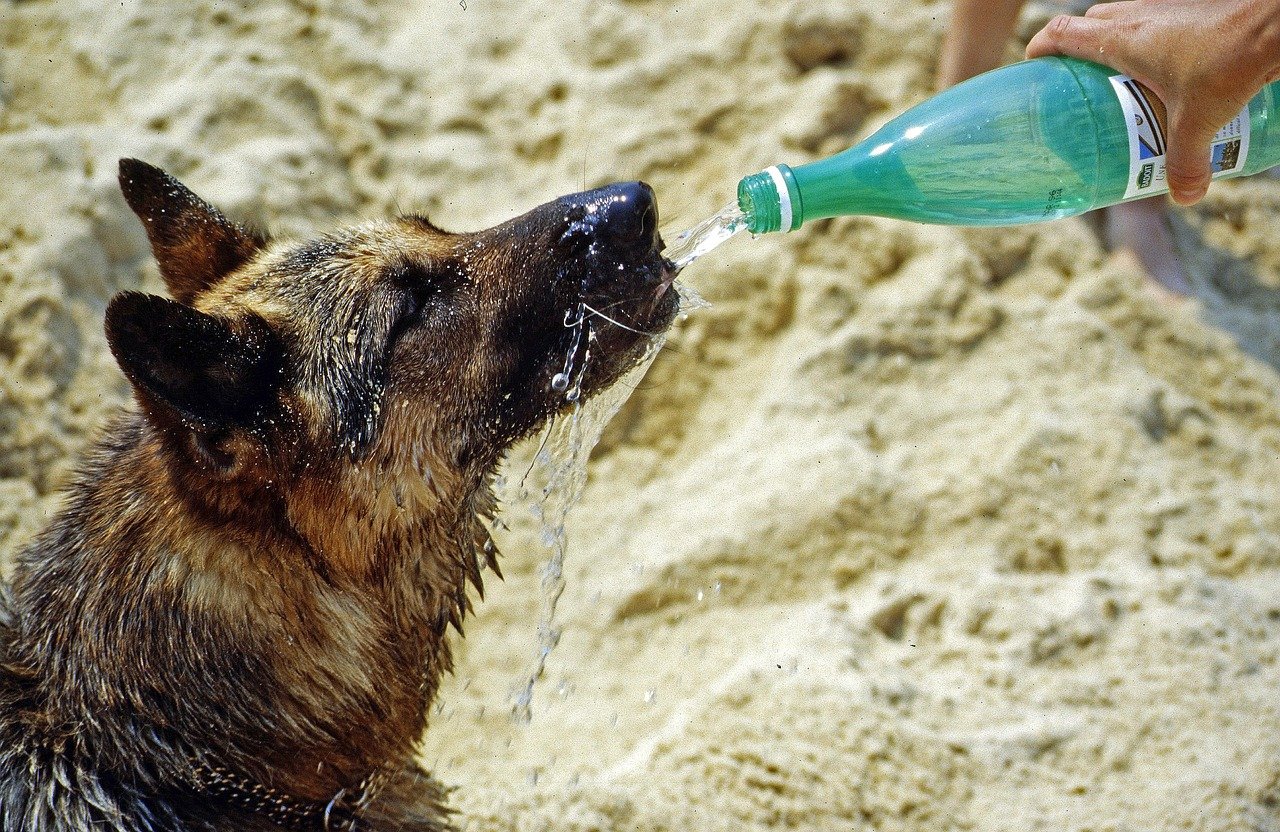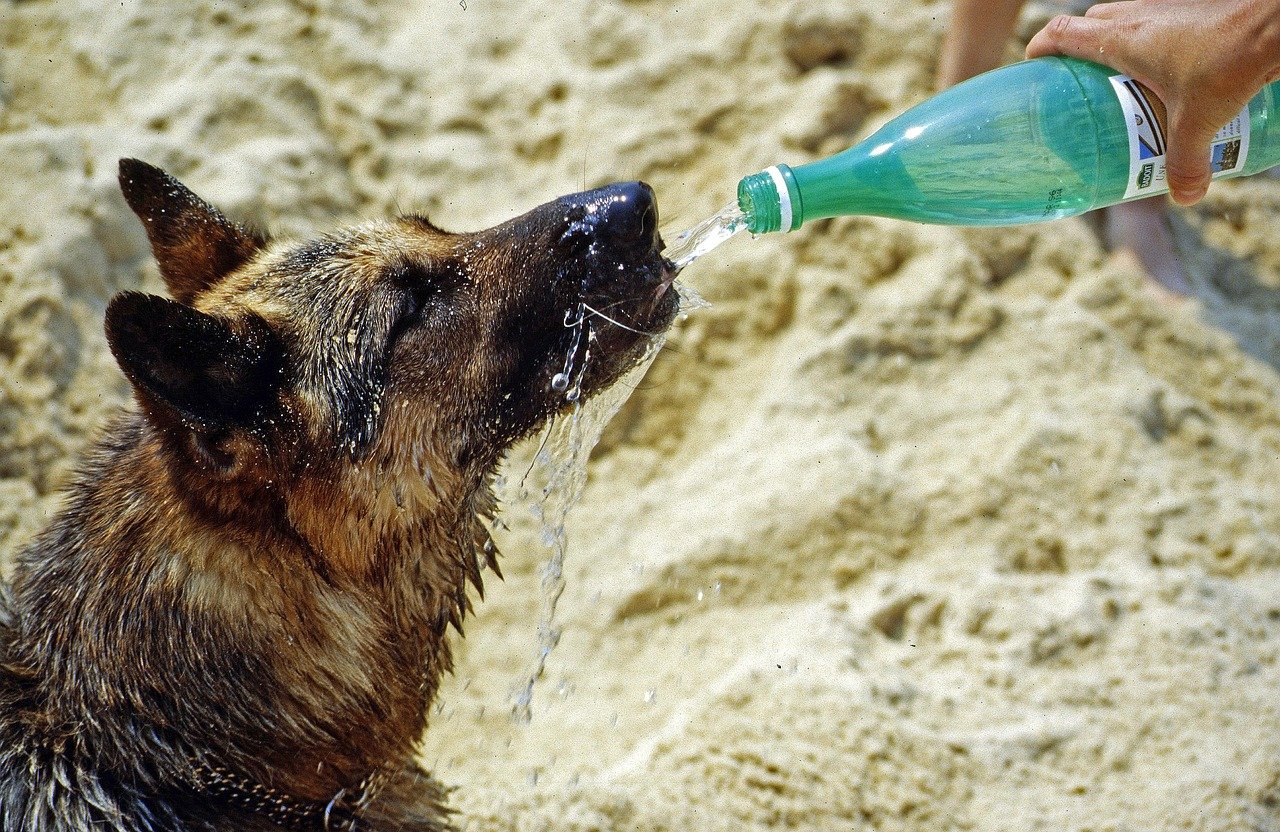Have you ever looked at your dog and thought, “Well, that’s odd, but it’s probably nothing”? You’re not alone! Dogs are masters of hiding discomfort, and sometimes the signs they show are so subtle, we chalk them up to quirks or just “dog things.” But what if those little signs are your furry friend’s way of waving a tiny red flag? Ignoring these can sometimes lead to bigger problems, but don’t worry—spotting these warnings doesn’t have to be scary or overwhelming. Let’s have a fun, enlightening look at eight warning signs dog owners often miss, and why paying attention can make a world of difference for your pup.
Unusual Lethargy: When Nap Time Never Ends

Every dog loves a good snooze, but if your usually playful pup suddenly seems glued to their bed, it’s worth a closer look. Lethargy in dogs often gets brushed off as a lazy day, but it can signal underlying issues like infections, pain, or even heart trouble. Imagine your energetic dog, who used to greet you with a wagging tail, now barely lifting their head. This isn’t just about being tired—it’s your dog’s way of saying, “Hey, something’s not right.” If your dog’s energy levels suddenly tank, try to recall when you first noticed it and whether anything else changed. Don’t wait for it to pass on its own; a visit to the vet can reveal if there’s a hidden cause.
Changes in Appetite: From Chowhound to Picky Eater

Dogs typically love their meals, and for many, food is the highlight of the day. So, when your pup starts turning up their nose at dinner or suddenly becomes ravenous, it’s time to take notice. Changes in appetite can be linked to dental pain, digestive issues, stress, or even more serious conditions like kidney disease. Sometimes, it’s as simple as a bad batch of kibble, but other times, it’s something deeper. If your dog’s eating habits change for more than a day or two, don’t just switch brands and hope for the best—your dog’s body could be sending you a signal.
Excessive Thirst: The Bottomless Water Bowl

It’s normal for dogs to drink more on hot days or after a long walk, but if your pup is draining the water bowl faster than you can fill it, take note. Excessive thirst (polydipsia) may point to conditions like diabetes, kidney issues, or hormonal imbalances. Think about it like this: if you found yourself constantly parched, you’d be calling your doctor, right? Dogs can’t make that call, so it’s up to you to notice when it seems like they’ve joined a competitive drinking contest. Mark down how much they’re drinking and mention it to your vet, especially if the change is sudden.
Persistent Scratching or Licking: More Than Just an Itch

A scratch here and there is normal for any dog, but if your furry friend is constantly licking their paws or scratching at their ears, it could be more than a minor itch. Allergies, skin infections, or even anxiety can drive obsessive scratching or licking. Picture your dog, focused on a single paw as if it holds all the secrets to the universe—this behavior isn’t just quirky, it’s a sign something’s off. Ignore it, and you might end up with bald spots, sores, or even secondary infections. If you notice this pattern, check for redness, bumps, or a funky smell, and get your vet’s input.
Bad Breath: Not Just a Doggy Quirk
We all expect a bit of “dog breath,” but if your pup’s kisses suddenly make you want to run for the hills, don’t just blame last night’s dinner. Persistent bad breath, especially when it’s foul or sweet-smelling, can be a sign of dental disease, metabolic issues, or even organ problems. Imagine your best friend suddenly developing breath so strong it clears a room—there’s likely more going on than just a need for a minty treat. Regular dental checks and cleanings can make a huge difference, but if the smell lingers, it’s time for a checkup.
Coughing or Sneezing: More Than a Seasonal Sneeze
Dogs can get the occasional tickle in their throat or nose, but frequent coughing or sneezing shouldn’t be ignored. These symptoms can be signs of allergies, respiratory infections, or even heart disease. If your dog suddenly sounds like they’re practicing for a choir of goose calls, pay attention to how often it happens and if it comes with other symptoms like lethargy or loss of appetite. Sometimes, it’s just dust or a bit of excitement, but if it sticks around, don’t wait. Your vet can help you figure out what’s really going on.
Sudden Aggression or Withdrawal: Not Just a Mood Swing

If your usually sweet pup starts growling, snapping, or hiding from you, it’s more than just a bad day. Sudden changes in behavior, like aggression or withdrawal, can be a sign of pain, fear, or even neurological issues. Dogs don’t have the words to say “I’m not feeling well,” so they use their actions instead. Think of it like a friend suddenly refusing to talk or lashing out for no reason—there’s always something behind it. Keep track of when these changes start, and don’t brush them off as stubbornness. A vet visit can help get to the root of the problem.
Changes in Bathroom Habits: Accidents Aren’t Always Accidental

House-trained dogs suddenly having accidents indoors can be frustrating, but it’s often a sign something’s up. Frequent urination, straining, or changes in stool consistency can point to urinary tract infections, digestive issues, or even stress. Imagine your dog, embarrassed after an accident, looking at you with those big, apologetic eyes—they’re not being naughty, they’re trying to tell you something. Pay attention to how often it happens, and whether there are any other symptoms. Getting ahead of these signs can save your pup from discomfort and you from cleaning up more messes.
Remember, your dog’s little quirks are their way of communicating. By tuning in, you can keep your best friend happy, healthy, and ready for all the adventures you’ll share together.






